Clinical or experimental investigations, characterized by an interdisciplinary and transdisciplinary approach, with encouragement of inter-institutional collaboration.
 24 months
24 months  In-person
In-person Stricto Sensu Postgraduate Program
Surgical Research | Academic Master’s Program
The Academic Master’s Program in Surgical Research embraces the multiprofessional nature involved across various surgical specialties, through clinical or experimental investigations. It adopts an inter- and transdisciplinary approach, while also promoting interinstitutional collaboration. In this stricto sensu postgraduate program, students are required to complete a core set of foundational courses designed to strengthen their understanding of teaching and research. The aim is to prepare them for academic teaching and scientific research by exposing them to scientific methodology and equipping them with tools that foster critical thinking, self-directed learning, and lifelong education.
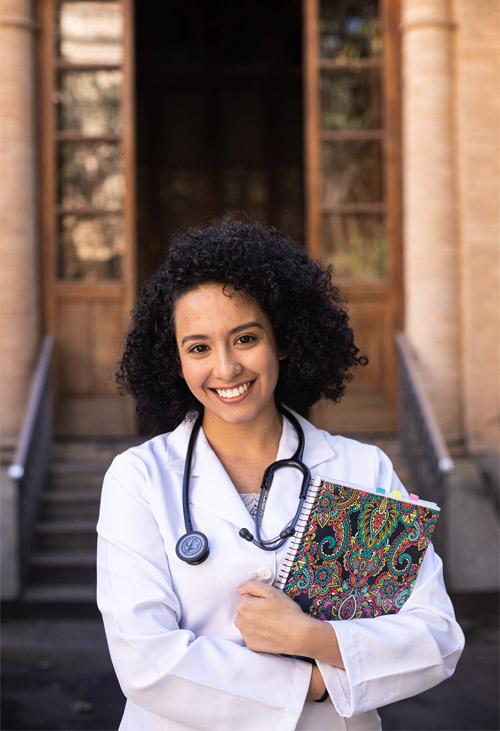
Applications, the selection process, and enrollment will be conducted on a rolling basis, from February 6 to November 3, 2025.
+55 (11) 3367-7858 / 7869 / 7870 / 7750
pos.stricto@fcmsantacasasp.edu.br
The Surgical Research program, at the Academic Master’s level, comprises one Area of Concentration and two Lines of Research.
Description:
This line of research focuses on studying the processes that drive innovations in the improvement of diagnosis and therapeutic management of surgical diseases. It encompasses the development of devices, services, new techniques, emerging technologies, and experimental studies that provide the knowledge base necessary to support such advancements.
Faculty involved: Antônio Pedro Flores Auge / Fernando de Andrade Quintanilha Ribeiro / José Cesar Assef / Luís Gustavo Morato de Toledo / Marcel Menon Miyake / Marcelo Vaz Perez / Nilson Roberto Severino / Paulo Augusto Ayroza Galvão Ribeiro / Robert Meves / Roberto Augusto Caffaro / Vera Lúcia dos Santos Alves.
Description:
This research line focuses on the evaluation of clinical outcomes and quality of life in patients undergoing interventions within the field of surgery. Its aim is to understand the impact of surgical practices and therapeutic interventions on patient recovery and well-being. It also encompasses studies related to knowledge transfer to the general population and professional training in the surgical field.
Faculty involved: Antonio José Gonçalves / Fabio Gonçalves Ferreira / Guilherme Brasileiro de Aguiar / Helizabet Salomão Abdalla Ayroza Ribeiro / José Carlos Esteves Veiga / Marianne Yumi Nakai / Paulo Kassab / Ricardo Landini Lutaif Dolci / Sonia Maria Rolim Rosa Lima / Tercio De Campos / Vilmar Marques de Oliveira.
2025 Schedule
Applications, the selection process, and enrollment will take place on a rolling basis from February 6 to November 3, 2025.
Applications must be submitted exclusively via the following website:
Only candidates who complete the online registration and pay the application fee will be considered enrolled.
* The first tuition installment is due at the time of enrollment, and the subsequent payments are due on the 25th of each month after the course begins.
The candidate must upload the following documents to the application system:
Note: FCMSCSP reserves the right to disqualify candidates who fail to submit all required documents.
The selection process will be conducted through:
Both will be reviewed by the Program Council, which will provide feedback on the candidate’s acceptance.
Selected candidates will be notified by email and must complete the online enrollment according to the instructions provided.
Postgraduate Office
Phone: (11) 3367-7858 / 7869 / 7870 (9 AM to 3 PM)
Email: pos.stricto@fcmsantacasasp.edu.br
Requirements and Forms
Download the form, complete it in its entirety, and submit it to the Postgraduate Office, either in person or by email (pos.stricto@fcmsantacasasp.edu.br).
Requests
Financial Reimbursement for Scientific Article – Note: Before filling out the form, click on the link for the respective program and download the spreadsheet to check the journal: Health Sciences / Surgical Research / Collective Health (Professional or Academic) / Human Communication Health
Acceptance Letter from the Advisor (Master’s/Doctorate)
Acceptance Letter for Supervision (Postdoctoral)
General Qualification Examination
Declaration of Diploma Issuance Option
Authorization Term for the Dissemination of Dissertation (Master’s) and Thesis (Doctorate)
To access the guidelines, templates, and instructions to facilitate the development of theses and dissertations, click on the links below:
Guidelines for the Presentation of Dissertations and Theses
Monographic or Preferred Thesis Format (Guidelines)
Master’s Dissertation Cover and Title Page Template
Doctoral Thesis Cover and Title Page Template
Areas of Concentration for Stricto Sensu Programs (Guidelines)
To apply for the Academic Master’s Program in Surgical Research, the following documents must be provided, which will be requested when the official call is opened, to be electronically attached, and the candidate must be approved in the selection process:
which will be requested when the official call is opened, to be electronically attached, and the candidate must be approved in the selection process:
Special Students
Students enrolled in other accredited postgraduate programs or faculty members from other higher education institutions may be accepted as special students to take individual courses.
Special students are subject to the same performance standards required of regular students, and their admission depends on course availability. However, they are not eligible for degree conferment.
Upon successful completion of the course(s), the special student will receive a statement issued by the Postgraduate Office indicating the course title, a brief syllabus, the total course load (in hours), and the number of credits earned.
Special students must pay the corresponding course fees, and are not eligible for scholarships or tuition waivers, except when the student is a faculty member of the same institution.
The exceptional admission of undergraduate students into specific graduate program courses is subject to the availability of slots and to written approval from the course instructor, which must be communicated in writing to the Postgraduate Office.
Students currently enrolled in lato sensu graduate programs may be recommended by a faculty member of the program to attend stricto sensu postgraduate courses. Credits earned may be validated if the student is later formally admitted as a regular stricto sensu postgraduate student.
This work was carried out with the support of the Brazilian Federal Agency for Support and Evaluation of Graduate Education (CAPES) – Funding Code 001.
Level: Academic Master’s / Doctorate
Credits: 2
Course Load: 24 hours
Syllabus: Scientific initiation for undergraduate students in research activities is developed through participation in the academic environment, where the student is involved in research projects led by graduate advisors and students. Objectives: The course aims to promote greater integration between undergraduate and graduate education; contribute to the development of human resources for research; potentially reduce the average time to degree completion for Master’s and Doctoral students; and encourage productive graduate researchers to involve undergraduate students in scientific and technological activities. Student assessment will be based on a report analyzing the methodological approach of five (5) papers presented at the Scientific Initiation Forum.
Level: Academic Master’s / Doctorate
Credits: 3
Course Load: 36 hours
Syllabus: The course on Scientific Article Analysis will consist of student presentations of articles, with selected articles employing different scientific methodologies. It is important for graduate students to understand how to apply different methodologies.
Level: Academic Master’s / Doctorate
Credits: 3
Course Load: 36 hours
Syllabus: This course provides a structured overview of the phases involved in developing research projects and research lines, as well as the planning involved in each stage. It also offers an understanding of commonly used concepts and tools, with a practical approach to different study designs and models, highlighting their advantages and disadvantages.
Level: Academic Master’s / Doctorate
Credits: 6
Course Load: 72 hours
Syllabus: To study of ethical issues in current medicine, with an analysis of deontological questions relevant to the field and the discussion of real cases occurring in various medical specialties, as experienced by graduate students.
Course content:
01 – Introduction to the study of ethics: ethics in undergraduate and graduate courses. Foundations of professional ethics.
02 – Ethics vs. Morality. Cultural and voluntary ethics; ethical dilemmas, ethical conduct.
03 – Bioethics: concept, history, principles.
04 – Patient rights: right to truth, to choose, to refuse. Clinical and behavioral manipulation. Professional secrecy.
05 – Professional responsibility.
06 – Ethics at the end of life: terminal patients and euthanasia.
07 – Ethics in animal research.
08 – Regulation of ethics in human research: international and national standards.
09 – Ethical aspects of human research in Resolution 196/96.
10 – The CEP-CONEP social control system; the roles of CEP and CONEP and the operationalization of the system (Resolution 196/96)."
11 – The research protocol: ethical aspects and Resolution 196/96.
12 – The informed consent form and the risks and benefits of research: ethical aspects and Resolution 196/96.
13 – Special thematic areas in human research (Resolution 196/96 and related regulations).
Level: Academic Master’s / Doctorate
Credits: 5
Course Load: 60 hours
Syllabus: This course covers the practical methodological steps from the conceptualization to the publication of clinical research. The goal is to provide tools for the practical application of statistical foundations and concepts of internal and external validity, structured objectives, and recruitment/sampling in clinical research.
Level: Academic Master’s / Doctorate
Credits: 3
Course Load: 36 hours
Syllabus: This course aims to provide graduate students with the basic foundations of scientific article writing. It presents in a structured manner the phases involved in the development of original scientific articles and systematic reviews, including the planning involved in the phases of introduction, objectives, materials and methods, results, discussion, and conclusion. The course also introduces the fundamentals of systematic reviews and meta-analysis, where definitions and purposes of each of these analytical methods will be presented, as well as their differences and complementarities with narrative reviews.
Course Content:
1 - How to Structure the Introduction (Literature Review)
2 - Study Objective
3 - Materials and Methods
4 - Presentation of Results
5 - Discussion
6 - Title and Journal Selection
7 - Development of a Systematic Review and Meta-analysis
8 - Practical Examples of Original Articles
Level: Academic Master’s / Doctorate
Credits: 1
Course Load: 12 hours
Syllabus: The course on Ethics in Animal Research aims to present the legislative aspects related to the use of experimental animals. Additionally, the course discusses management issues involved in an animal research facility, ranging from procedures related to colony maintenance to best practices for handling animals during experiments. Finally, the course addresses the key points to be considered when submitting research projects to the Animal Research Ethics Committee. Assessment is based on the student's performance in presenting a research project, focusing on ethical principles in research rather than technical-scientific issues.
Level: Academic Master’s / Doctorate
Credits: 5
Course Load: 60 hours
Syllabus: This course critically discusses research projects proposed in various fields of knowledge, promoting the active participation of graduate students. Course Content: Students present their research projects in the final stages, focusing on the objectives, methodology, and results, which are then analyzed by a panel of graduate faculty members. Objective: To develop the student's critical ability in analyzing a scientific work. Assessment: At the end of the course, the student will submit a report containing a critical analysis of one of the projects presented during the course.
CAPES Information
CAPES Code: 33019010003P5
CAPES Evaluation Area: Medicine III
CAPES Rating: Academic Master’s: 3
Course recognized according to MEC Ordinance No. 609, dated March 14, 2019 – DOU of March 18, 2019.
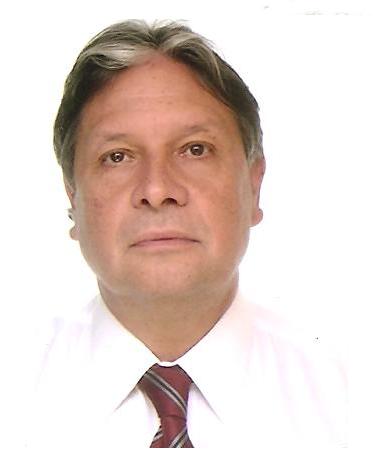
PhD in Medicine (Obstetrics and Gynecology) from the FCMSC-SP
Acess Lattes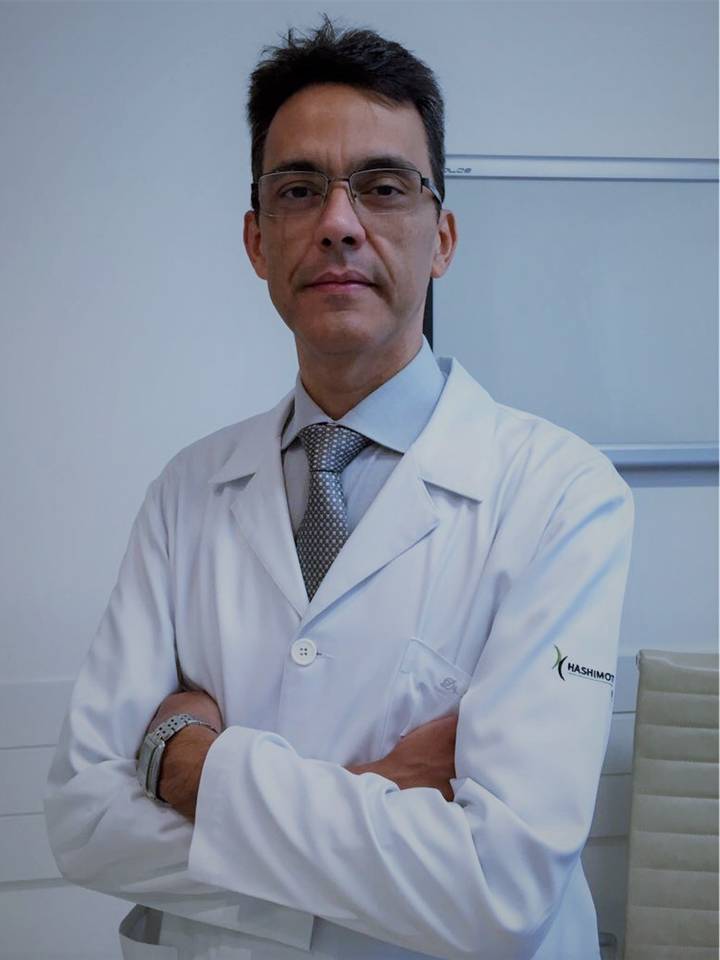

PhD in Medicine (Otorhinolaryngology) from the Federal University of São Paulo (UNIFESP).
Acess Lattes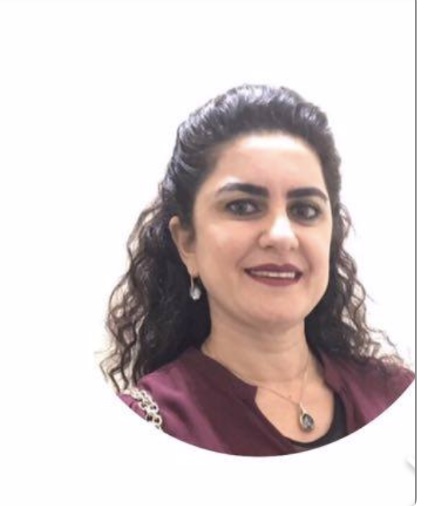
PhD in Medicine (Obstetrics and Gynecology) from the FCMSC-SP
Acess Lattes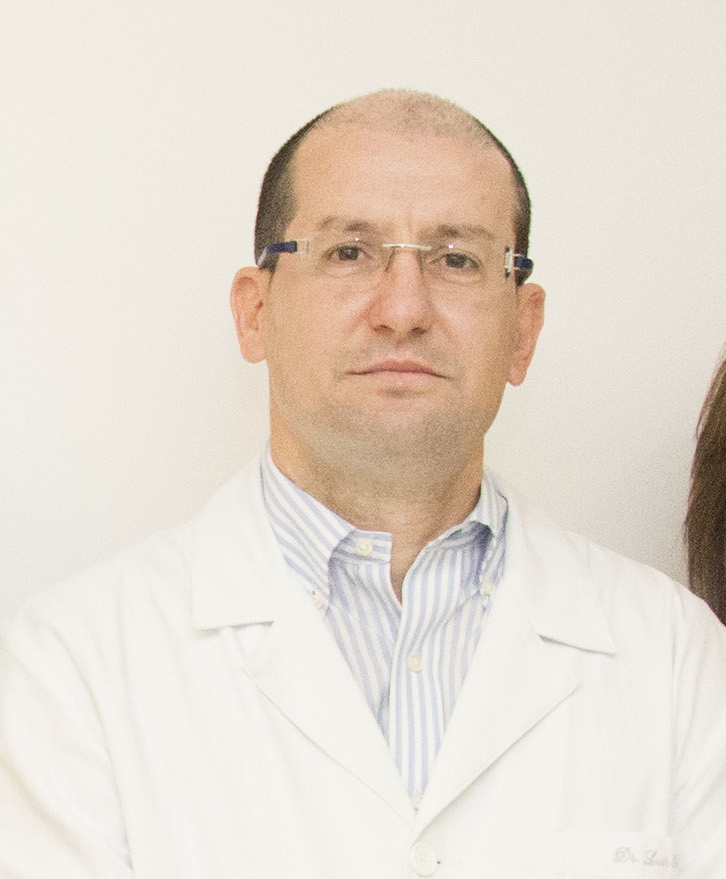
PhD in Surgical Research from the FCMSC-SP, with a research internship at Harvard Medical School.
Acess Lattes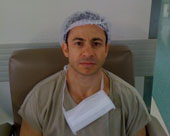
PhD in Anesthesiology and Pain Medicine from the University of São Paulo (USP).
Acess Lattes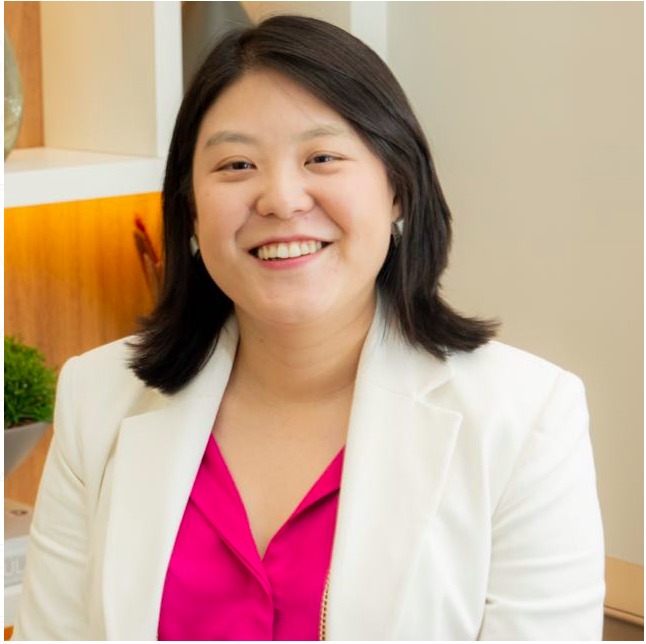
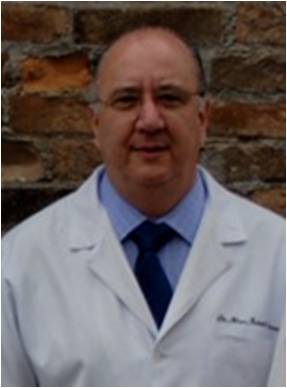
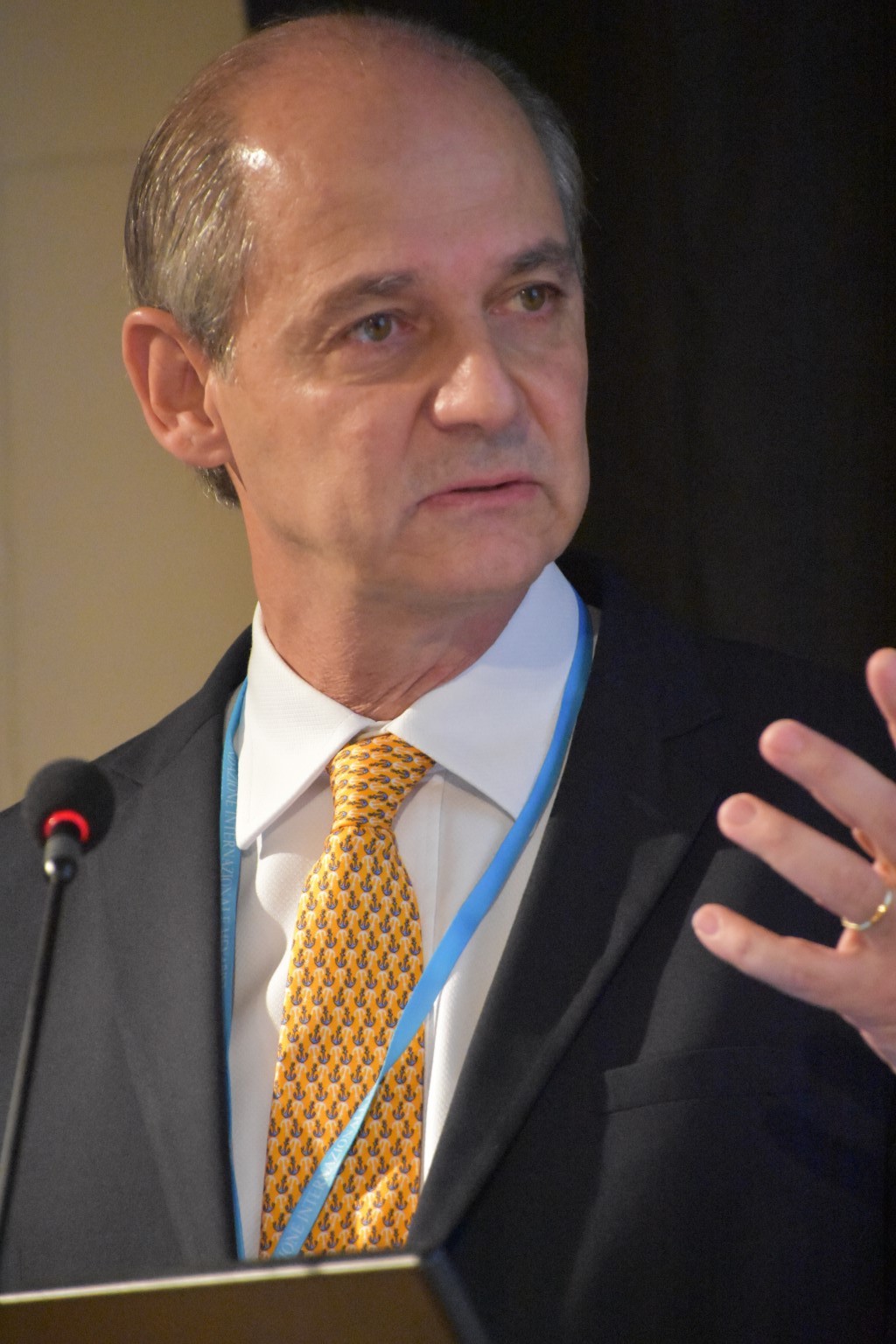

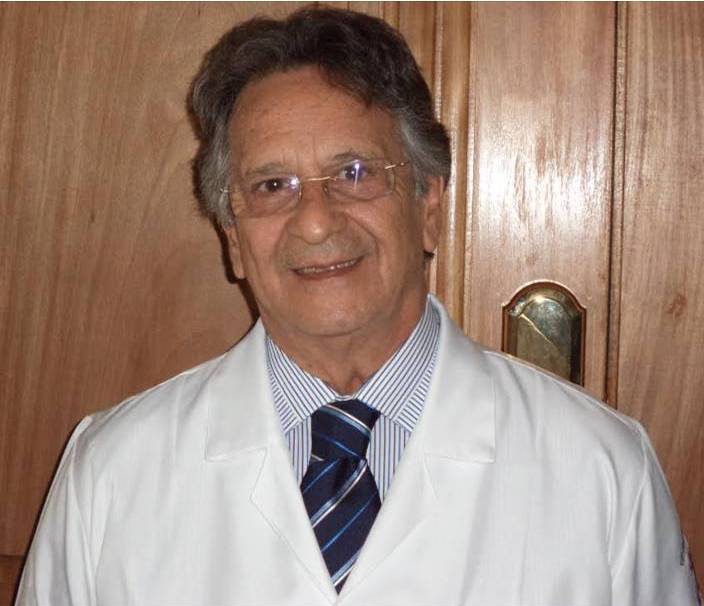
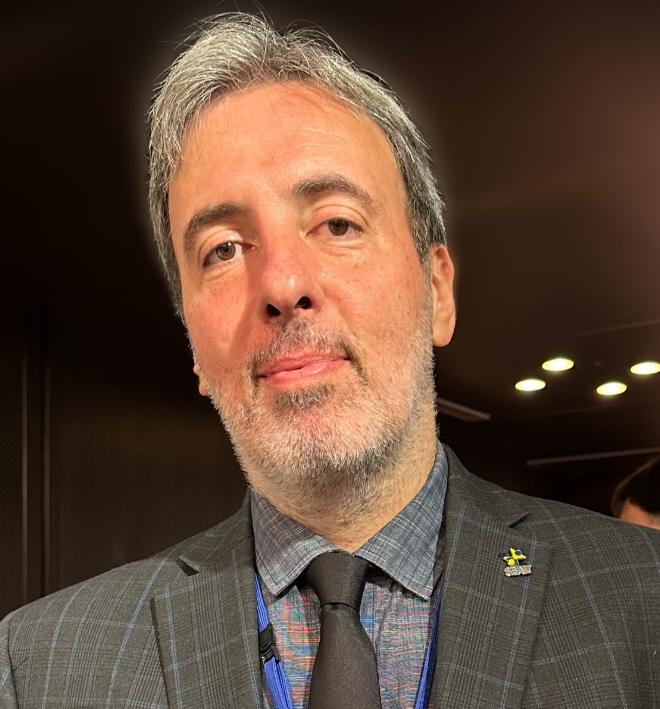
PhD in Surgical Research from the FCMSC-SP (FCMSCSP), with a research internship at the University of California, San Diego.
Acess Lattes
PhD in Medicine (Obstetrics and Gynecology) from the FCMSC-SP
Acess Lattes
Lorem ipsum dolor, sit amet consectetur adipisicing elit. Itaque qui rem debitis dignissimos. Eos laborum dicta inventore, molestias impedit dolore.
05
Jun
Accusamus et iusto odio dignissimos ducimus qui blanditiis praesentium voluptatum deleniti atque corrupti et quas molestias excepturi.
 05/06/2025 - 14:00 hs
05/06/2025 - 14:00 hs
 Rua Dona Veridiana, 55 - São Paulo / SP
Rua Dona Veridiana, 55 - São Paulo / SP
23
Oct
Odio dignissimos ducimus qui blanditiis praesentium voluptatum deleniti atque corrupti et quas molestias excepturi.
 23/10/2025 - 17:00 hs
23/10/2025 - 17:00 hs
 Rua Dr. Cesário Motta Jr., 61 - São Paulo / SP
Rua Dr. Cesário Motta Jr., 61 - São Paulo / SP
10
Dec
Lorem odio dignissimos sed domus ducimus qui blanditiis praesentium voluptatum deleniti atque corrupti et quas molestias excepturi.
 10/12/2025 - 11:30 hs
10/12/2025 - 11:30 hs
 Rua Jaguaribe, 155 - São Paulo / SP
Rua Jaguaribe, 155 - São Paulo / SP
Lorem ipsum ed ut perspiciatis unde omnis iste natus error sit voluptatem accusantium doloremque laudantium, totam rem aperiam, eaque ipsa quae ab illo inventore veritatis et quasi architecto beatae vitae dicta sunt explicabo.
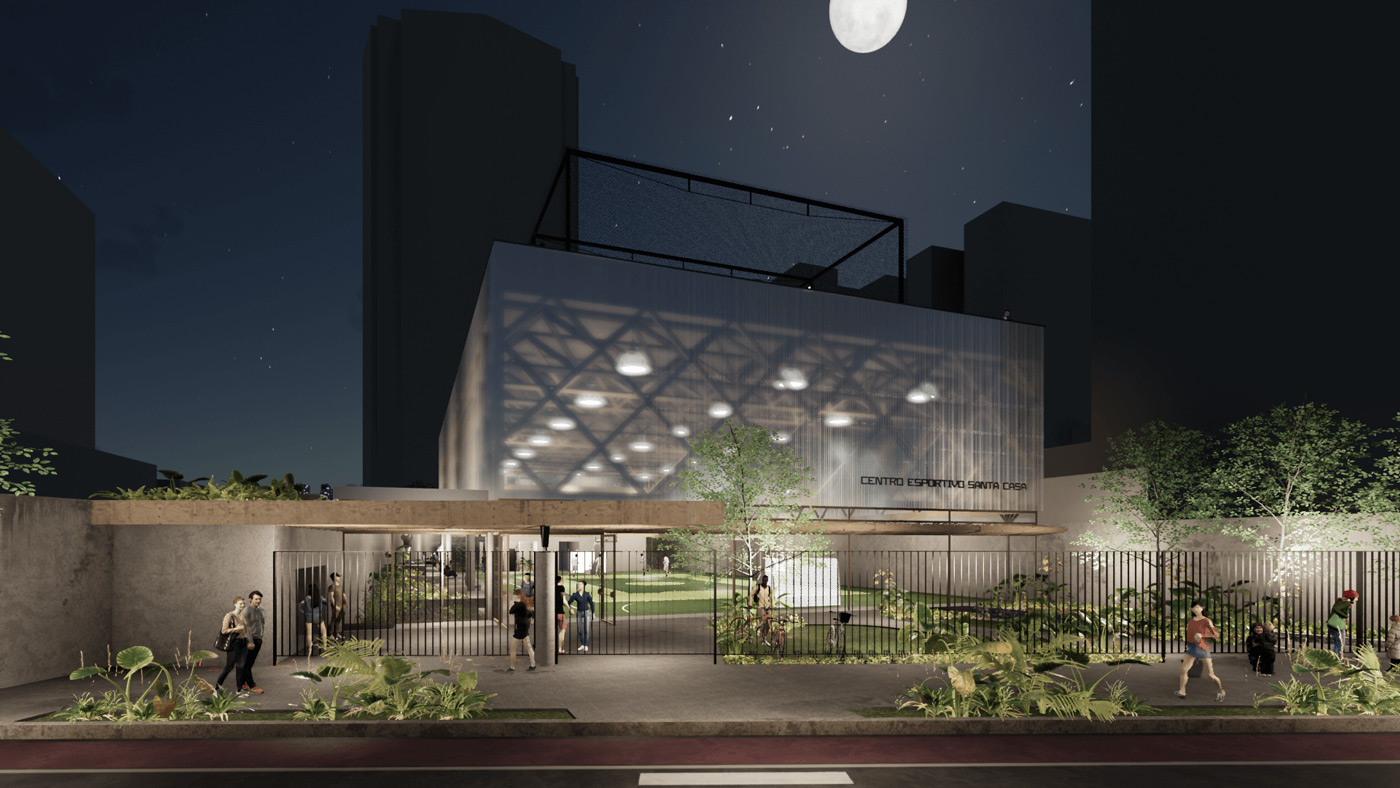
And pain can procure him some great pleasure. To take a trivial example, which of us ever undertakes laborious physical exercise.
Read more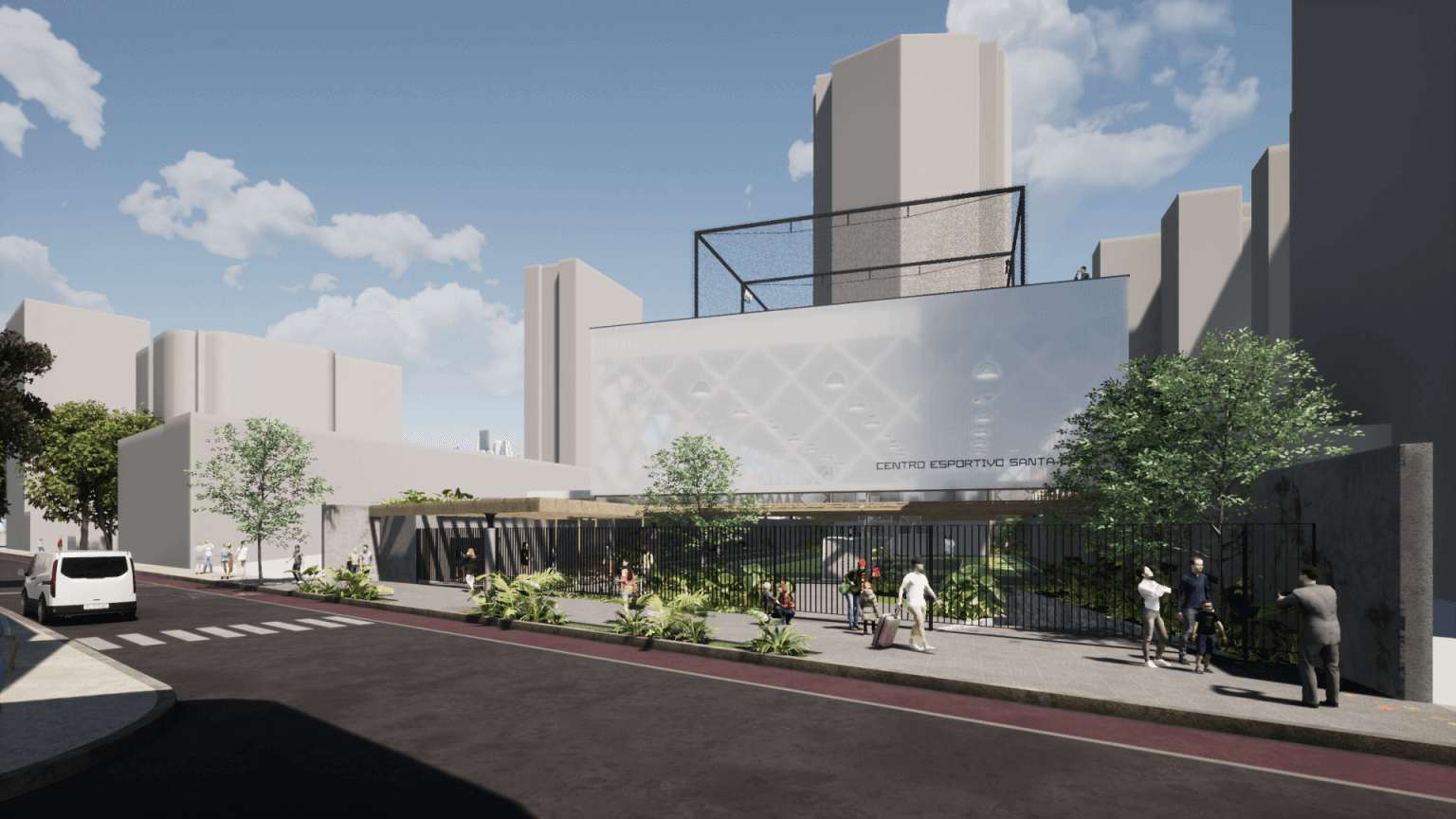
But I must explain to you how all this mistaken idea of denouncing pleasure and praising pain was born and I will give you a complete account of the system
Read more
Qui in ea voluptate velit esse quam nihil molestiae consequatur, vel illum qui dolorem eum fugiat quo voluptas nulla pariatur.
Read more
Omnis iste natus error sit voluptatem accusantium doloremque laudantium, totam rem aperiam, eaque ipsa quae ab illo inventore.
Read more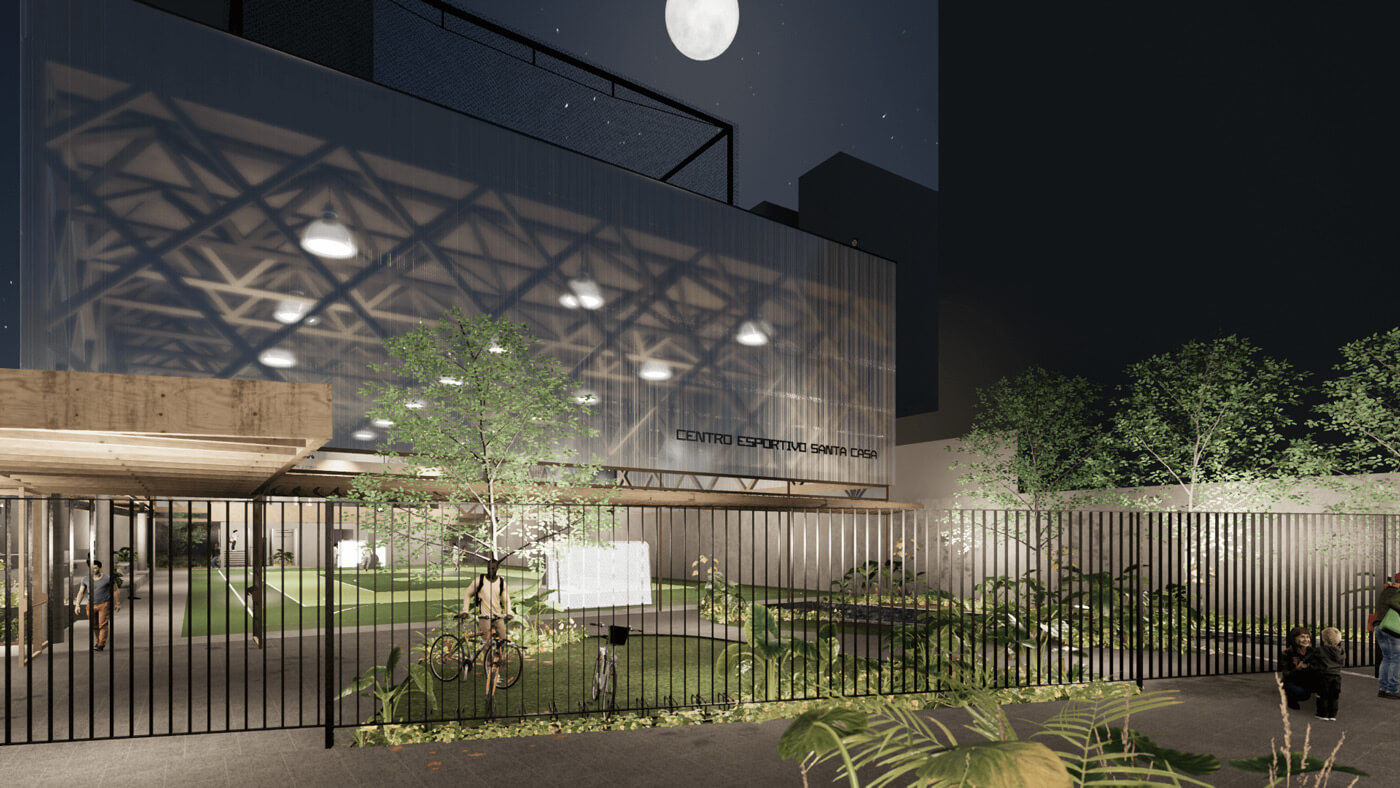
Quis autem vel eum iure reprehenderit qui in ea voluptate velit esse quam nihil molestiae consequatur, vel illum qui dolorem eum fugiat quo voluptas nulla pariatur.
Read moreCheck out the latest news on Stricto Sensu Graduate Programs here.

Sed ut perspiciatis unde omnis iste natus error sit voluptatem accusantium doloremque laudantium, totam rem aperiam, eaque ipsa quae ab illo inventore veritatis et quasi architecto beatae vitae dicta sunt explicabo.
May
11
This text below as a natural is a wider card with supporting text below as a natural lead-in to content is a little bit longer.
 11/05/2025 - 15:00 hs
11/05/2025 - 15:00 hs
 Rua Dr. Cesário Mota Júnior, 61 - 10º Andar - Sala 103
Rua Dr. Cesário Mota Júnior, 61 - 10º Andar - Sala 103
Jun
05
Below as a natural is a wider card with supporting text below as a natural lead-in to content is a little.
 05/06/2025 - 16:30 hs
05/06/2025 - 16:30 hs
 Rua Dona Veridiana, 55 - São Paulo / SP
Rua Dona Veridiana, 55 - São Paulo / SP
Nov
29
As a natural is a wider card with supporting text below as a natural lead-in to content is a little.
 29/11/2025 - 12:00 hs
29/11/2025 - 12:00 hs
 Rua Jaguaribe, 155 - São Paulo / SP
Rua Jaguaribe, 155 - São Paulo / SP
Emails: pos.stricto@fcmsantacasasp.com.br
Phone number: + 55 (11) 3367-7858
Adress:
Rua: Dr. Cesário Mota Jr. 61
São Paulo / SP – Brazil
Zipcode: 01221-020
This work was carried out with the Coordination for the Improvement of Higher Education Personnel – Brazil (CAPES) – Financing Code 001.
